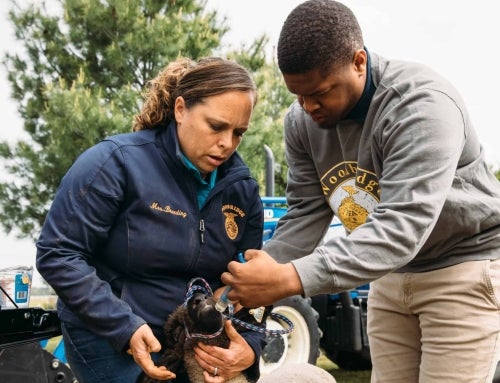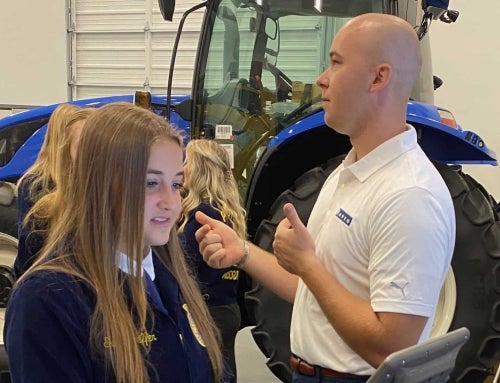If spending time outdoors interacting with nature is a favorite pastime for you, a career in Natural Resource Systems could be a good fit. These careers may involve working to develop, maintain and manage forests and natural environments, as well as acquiring various types of marine life for human utilization, animal feed, bait and other purposes. Individuals choosing to work as conservation scientists or foresters may manage, develop, use, and help protect forests and rangelands.
Careers as conservation scientists and foresters are available all over the United States and may include managing, developing and helping to protect the country’s range lands and 737 million acres of forests.
Nearly two-thirds of conservation scientists and foresters are employed by federal, state, or local governments – many by the U.S. Department of Agriculture (USDA). Private sector jobs can be within consulting firms or scientific research groups. Employment of foresters is concentrated in the western and southern states, where many national and private forests and parks, and most of the lumber and pulpwood-producing forests are located. But working in this pathway doesn’t mean you can’t live in a city. Some find careers protecting wildlife that seek refuge in cities or maintaining urban parks and green areas.
Industry Outlook
As the population grows and we consume more and more of the world’s resources, jobs in conservation and regrowth are going to be more important than ever.
Career Opportunities
• Fish and game officer
• Wildlife biologist
• Toxicologist
• Geologist
• Commercial fisherman
• Forester
• Forest firefighter
• Environmental engineer
• Pulp and paper manager
• Log grader
• Park manager/superintendent
Education Requirements
An associate or bachelor’s degree in forestry is the minimum education recommended for a professional career in forestry. In the federal government, a combination of experience and appropriate education occasionally may substitute for a four-year degree in natural resources, but job competition makes this difficult. Other careers in this pathway may require a bachelor’s or master’s degree in natural resource management, wildlife management or a related field. Technicians in all areas of Natural Resource Systems will require on-the-job training.
Prepare Now
Many industry professionals point to their lifelong interest in the outdoors as a primary career motivator. Many FFA supervised agricultural experience programs, including wildlife management and outdoor recreation, will help you begin to learn the industry. The forestry career development event will help you learn basic tree knowledge, industry terminology and skills that foresters will need. General outdoor hobbies can also teach you a great deal about this career field. Hunting, fishing, maintaining wildlife habitat, and spending time with other outdoor enthusiasts will add to your knowledge base.













